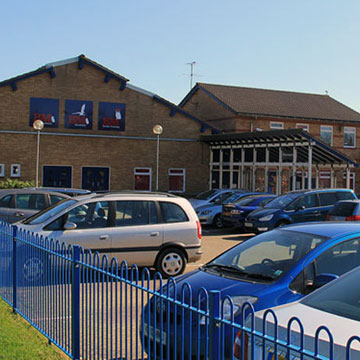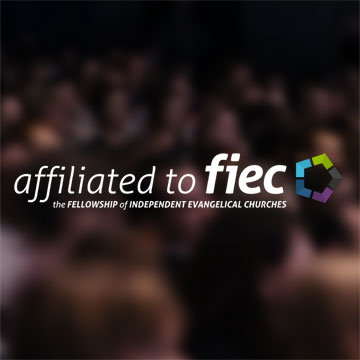The Community We Should Be
- Details
- Published: Tuesday, 13 October 2015 00:10
- Written by James Dean

This week we've been considering putting an advert in the local press to publicise BEChurch (specifically the carol service in December) and I've been deeply challenged to consider what it is that makes a church attractive.
I'll save you some time and hit you with my conclusion: I'm convinced that if what attracts people to BEChurch is not the gospel we've done something wrong.
As a church we should be a community of believers who are literally fused together by the gospel. The gospel becomes part of our DNA and will be clear in every relationship we build and should be visible in the way we love, teach, serve, encourage, admonish, bear with and forgive one another. A community like that is attractive because it looks like the gospel!
In the first chapter of Mark Dever's book, "The Compelling Community" (you can read the first chapter of that here) he compares two types of community that exist in gospel-preaching, evangelical churches.
In this book, I’ll contrast two types of community that exist in gospel-preaching, evangelical churches. Let’s call one “gospel-plus” community. In gospel-plus community, nearly every relationship is founded on the gospel plus something else. Sam and Joe are both Christians, but the real reason they’re friends is that they’re both singles in their 40s, or share a passion to combat illiteracy, or work as doctors. In gospel-plus community, church leaders enthusiastically use similarity to build community. But as a whole, this community says little about the power of the gospel. Contrast this with “gospel-revealing” community. In gospel-revealing community, many relationships would never exist but for the truth and power of the gospel—either because of the depth of care for each other or because two people in relationship have little in common but Christ. While affinity-based relationships also thrive in this church, they’re not the focus. Instead, church leaders focus on helping people out of their comfort zones to cultivate relationships that would not be possible apart from the supernatural. And so this community reveals the power of the gospel.
That really made me sit up and think about where we are going with BEChurch. I love our fellowship and I love being part of God's church but my prayer is that BEChurch will always be known for clearly revealing the power of the gospel in everything we do and that we would see those supernaturally cultivated relationships flourish in our congregation. I hope that's your prayer too.
If you can, take the time to read the full chapter as there is much detail that I can't go into here. But at the end of the chapter he asks two questions to help us assess our own attitudes toward church community:
- How do you define “success” for the network of relationships in your church that we call community? How close is your definition to Ephesians 3:10 (“through the church the manifold wisdom of God might now be made known . . .”)?
- Are your goals and targets for nurturing community in the local church consistent with something that only God can create? Or do they push you to gospel-plus community that people can manufacture on their own?
Those are two really big and challenging questions that I will be chewing over in the coming weeks! Will you chew along with me?









